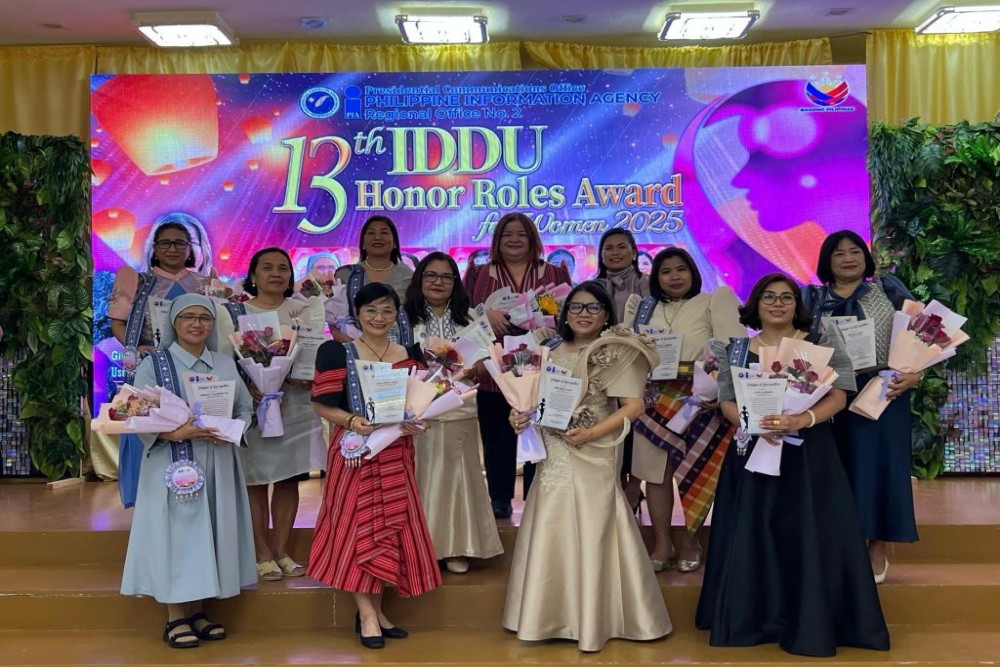The country needs to implement policies ensuring women’s economic participation and protection crucial for closing the gender gap, thus boosting economic growth and development, according to experts.
In a knowledge-sharing forum, Philippine Institute for Development Studies (PIDS) Senior Research Fellow Connie Bayudan-Dacuycuy recommended the crafting of policies and programs to empower both men and women and help them perform their market and non-market roles.
Bayudan-Dacuycuy said it is important to broaden opportunities for those who opt out-of-the-market work through enhanced world-from-home (WFH) opportunities.
She cited as an example the Department of Trade and Industry’s provision of training to micro and small enterprises aimed to enhance their visibility in local markets.
Bayudan-Dacuycuy said the Department of Information and Communications Technology’s Scale up SPARK (Strengthening the Philippine workforce through Adaptive and Responsive Digital Knowledge) program also provides training for online work and the community outsourcing.
“They renamed it from digitaljobsPH to SPARK, perhaps to scale it more but it can benefit I think from a process and outcome evaluation so that we can really target the kinds of programs that are needed on the ground,” she added.
Bayudan-Dacuycuy also pushed for the improvement of public services that have direct and indirect consequences on housework, including ensuring quality childcare, reliable mass transportation, and affordable internet services.
To achieve work-life balance, Bayudan-Dacuycuy said additional legislations are needed along the lines of flexi-time and work-from-home arrangements, with the four-day work week in the public sector as a good starting point.
She also highlighted the importance of strengthening information campaigns on housework, and mapping out design systems for elderly care.
“We have demographic changes so we have to prepare for an aging population because the increase in caregiving demands (due to aging or health deterioration of household members) can lead to lower labor productivity like for example, absenteeism, tardiness so we don’t want that to happen so perhaps we can explore community-based elderly home(s),” she added.
During the knowledge-sharing forum by the PIDS, Jean Encinas-Franco, a professor at the Department of Political Science of University of the Philippines, Diliman, discussed barriers to women’s participation in politics, including masculinist and male-centric nature of politics, funding (male-centric), and gendered disinformation.
“We need to strengthen political parties and along with that, there have to be quota and incentives for gender funding of political parties so that they will be incentivized to have more women in their candidate slate,” she said.
Encinas-Franco said the party-list law can be amended and there has to be a zebra type list in which the nominees should be women, men and then women, men.
She also pushed the enactment of a law on violence against women, including disinformation.
Dr. Ma. Carmen Peñalosa, Executive Director of Center for Strategic Research, Creativity and Intellectual Property of Miriam College, tackled family planning access among women in disaster affected areas.
Peñalosa said technology-enabled communication channels and the traditional house-to-house system facilitate women’s access to family planning (FP).
“However, the absence of commodities by itself when there are continuing demands for these either prevents women from FP use or further reinforces their poverty or disadvantage during disaster situations,” she said.


